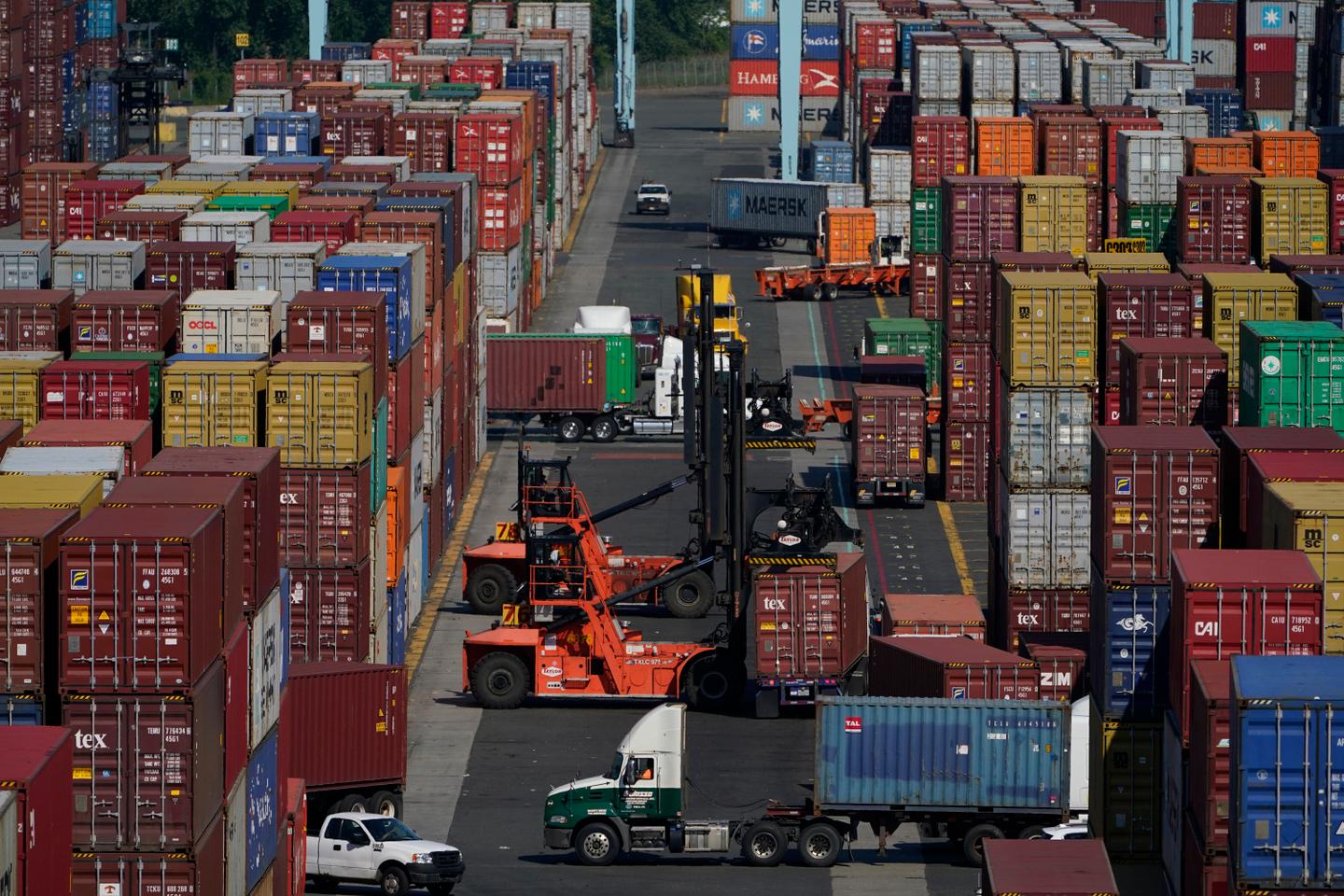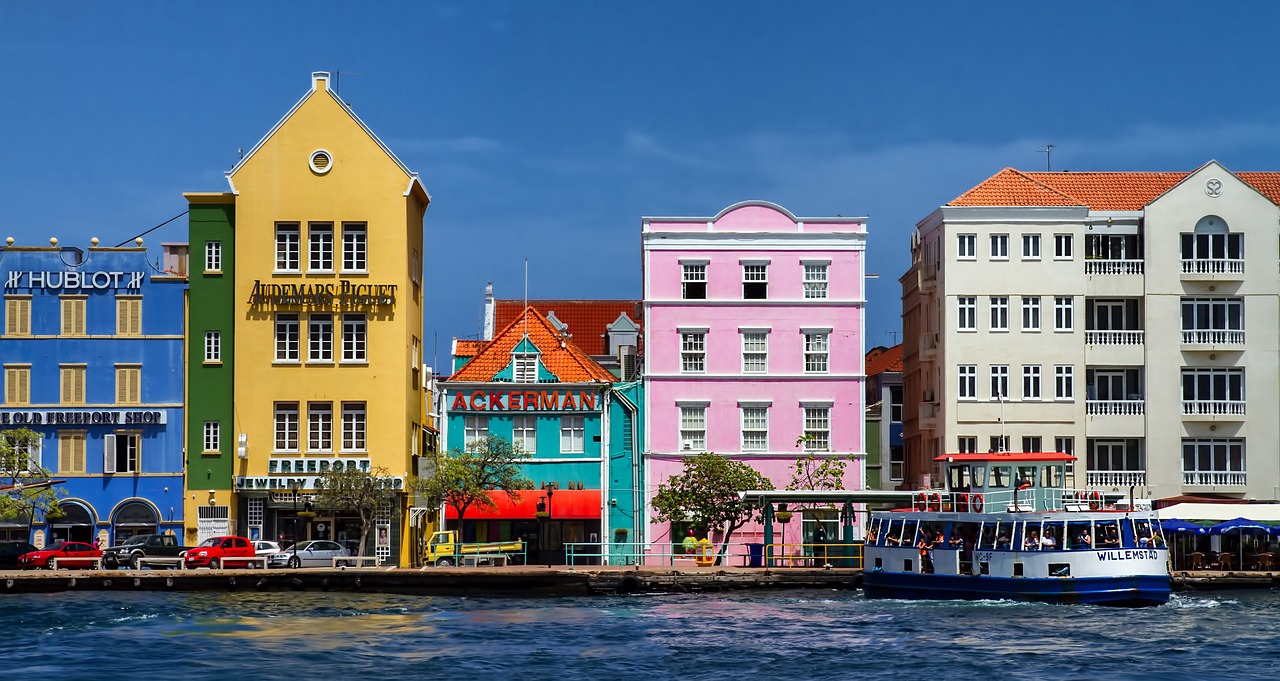World
US ports strike threatens global shipping and Harris campaign

The dockworkers union had wanted the strike, and a last-minute offer from management to increase wages by 50% over six years did nothing to prevent it. As expected, tens of thousands of dockworkers across the US East Coast and Gulf of Mexico stopped work on Tuesday, October 1, in the absence of an agreement with management. The dispute comes at a calamitous time: Five weeks before the US presidential election, and just before the Thanksgiving and end-of-year holidays. The strike by the International Longshoremen’s Association (ILA), the main American dockworkers union with 85,000 members, is expected to paralyze some 14 ports, ranging from Houston to Boston and including New York, Baltimore, Savannah and Miami. The union has demanded a 77% pay rise over six years.
In a lengthy video, its president, Harold Daggett, accused international shipping companies of raking in over $200 billion in profits during the Covid-19 pandemic and demanded the wage increases “we deserve.” “We never shut the ports down during Covid, ILA members lost their lives while people worked from home,” added Daggett, who said that the offer of a raise near 40% was insulting.
In theory, the maximum hourly wage is $39, or $81,000 a year. However, overtime is institutionalized. A New York State study found that 55% of New York port dockworkers earned more than $150,000 in 2019-2020, and a third earned more than $200,000. According to employers, the average real salary for a full-time dockworker on the Pacific Coast is currently $233,000.
Negotiations broke down
This strike is the first since the 1977 strike against the widespread use of containers, which lasted for 44 days. The importance of these ports is decisive, with half of all container traffic entering the US transiting through them. A detour to the West Coast would be virtually impossible, with the Panama Canal being congested due to drought, and California’s ports saturated.
Oil traffic will not be affected, nor will pleasure cruises, nor the transport of military equipment. Nonetheless, the strike, with the bottlenecks it is likely to create, could revive inflation in the same way as the logistical disorganization that followed Covid-19. This is all the more worrying given that the strike could also affect the production chains of industries operating on just-in-time logistics, such as the automotive and food sectors, which have products that are, by definition, perishable. In short, the specter of backsliding looms large, just as the rise in prices had sufficiently subsided to enable the Fed, the US central bank, to cut rates from 5.25% to 4.75%.
You have 70.14% of this article left to read. The rest is for subscribers only.










